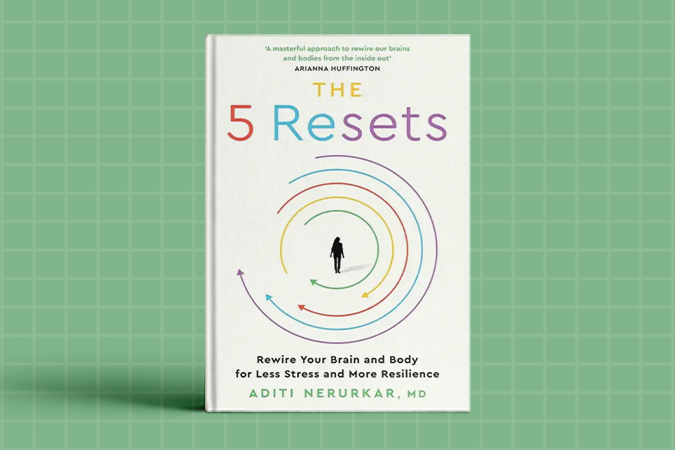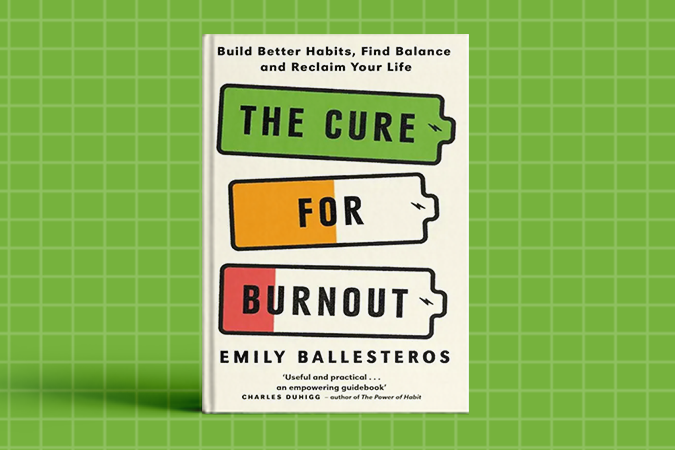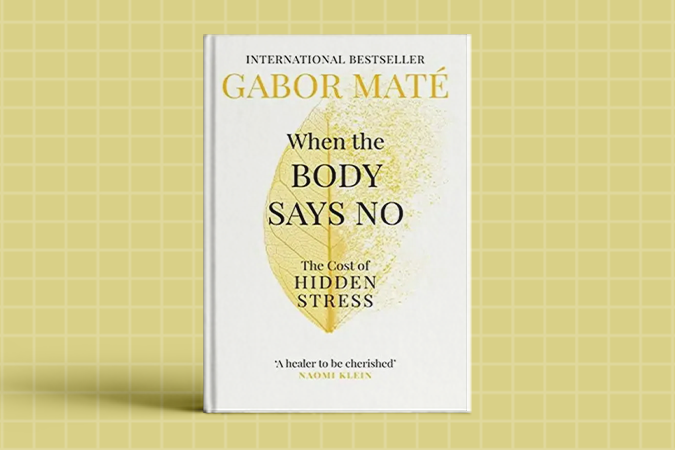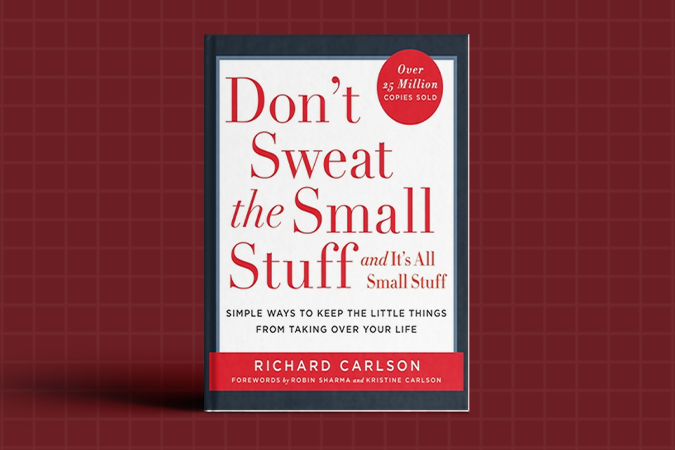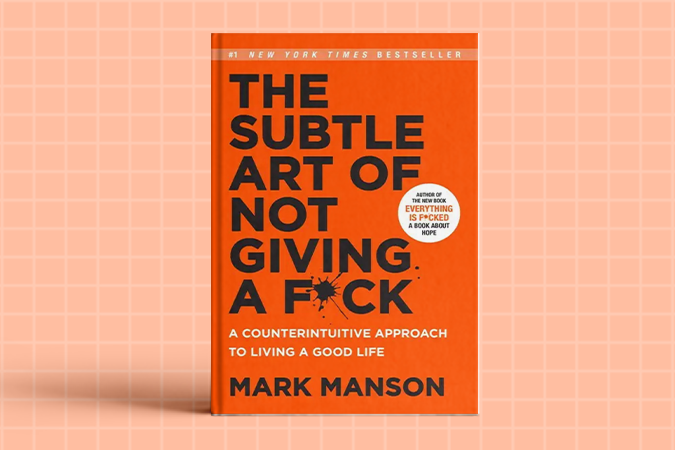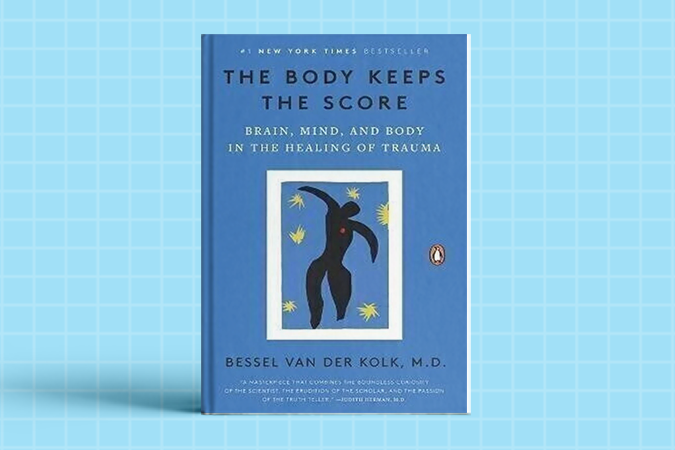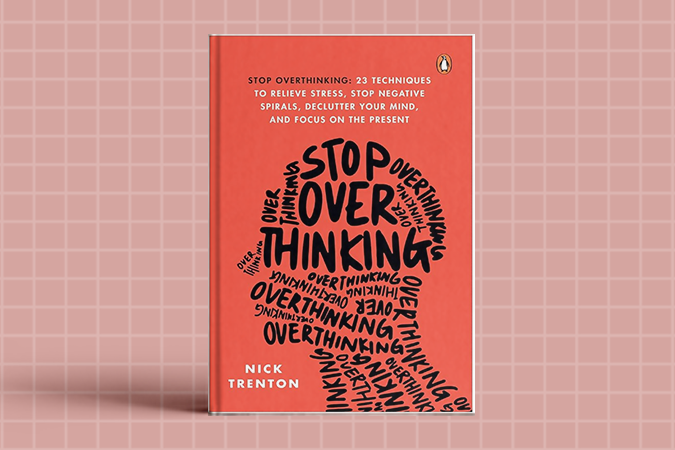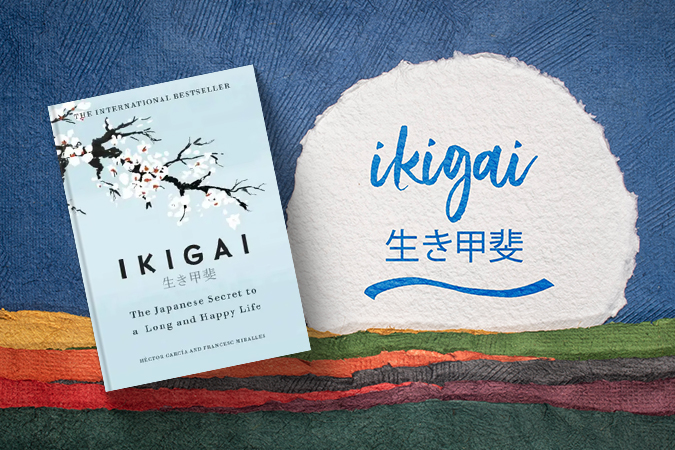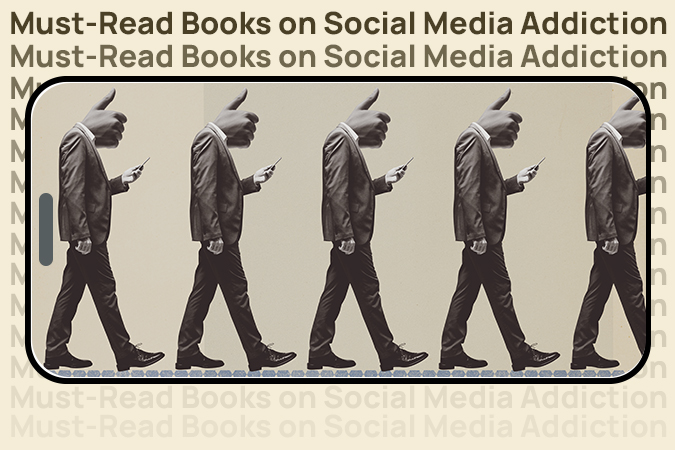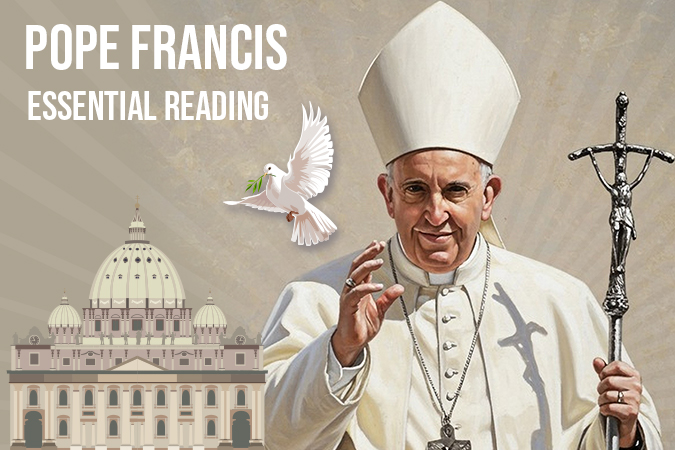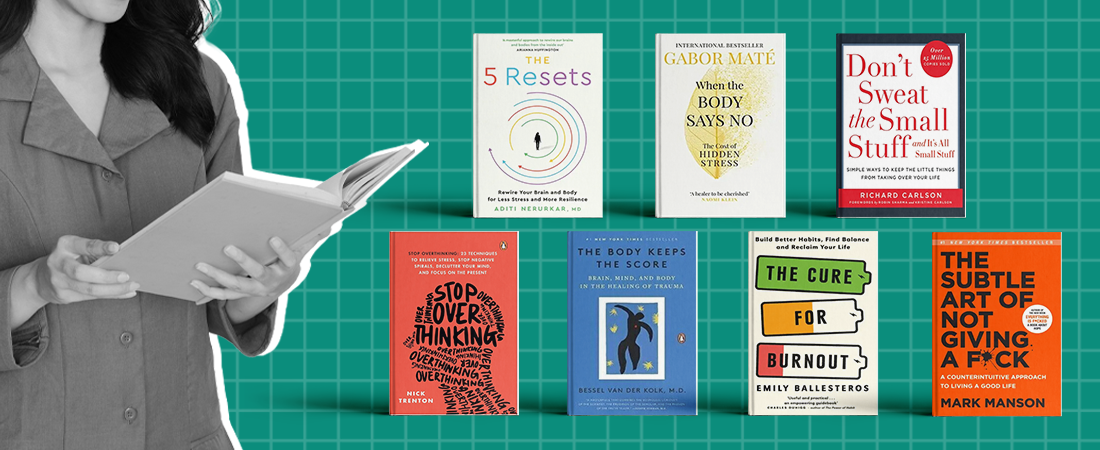
In today’s always-on world, everything moves fast, work follows us home, and stress is no longer an exception. It’s the default. For many of us, it has become so normal that we joke about burnout, live on caffeine, and quietly push through. But when stress becomes a constant background hum, it slowly chips away at our mental and physical health. That’s exactly why books on how to manage stress can be such powerful companions.
Unlike most things in your day, books don’t come with notifications, deadlines, or performance reviews. You get to slow down, learn in your own time, and understand what’s really going on in your body and mind.
In this article, we’ll look at why stress feels so intense right now, who it affects most, and how books that teach you how to manage stress can genuinely help.
How Books on How to Manage Stress Actually Help
Stress looks different for different people: Students may worry about marks, careers, and “falling behind”. Professionals battle tight deadlines, toxic work cultures, and job insecurity. People at home hold invisible responsibilities: care work, emotional labour, financial planning.
That’s why learning how to manage stress is no longer a luxury self-care idea. It’s survival skills.
Good stress management books don’t just tell you to “think positive” or “go for a walk”. They explain the science of stress, show how your brain, hormones, habits, and history all play a role, and also give you specific tools you can test in real life.
7 Books on How to Manage Stress (and What You’ll Learn From Each)
By Aditi Nerurkar
Written by a Harvard stress expert, The 5 Resets reframes stress as a natural biological response that has gone “out of tune” with modern life. Dr Nerurkar offers five science-backed mindset shifts to help you realign your brain and body with your actual life, not your overloaded calendar. You’ll learn why multitasking doesn’t work, how to set gentle boundaries using the “Bookend Method”, and how to make only two changes at a time so they actually stick.
By Emily Ballesteros
If dread is your first feeling every morning, this one is for you. Burnout coach Emily Ballesteros breaks down the roots of burnout across five areas: mindset, personal care, time management, boundaries, and stress management. She gives you concrete tools to stop chronic overwhelm, set limits without guilt, and build sustainable routines. Expect practical scripts, simple habit shifts, and a clear roadmap to reclaim time, energy, and a sense of control over your life.
By Gabor Maté
This powerful book explores how hidden stress and unexpressed emotions can shape serious physical illness. Dr Gabor Maté draws on research and moving case studies to show links between stress patterns and conditions like heart disease, cancer, autoimmune issues, and more. He explains how personality traits like always pleasing others or suppressing anger can silently strain the body. Through his “Seven A’s of Healing”, he offers a compassionate approach to recognising these patterns and beginning to heal from the inside out.
By Richard Carlson
This modern classic is full of short, gentle chapters that help you stop letting tiny annoyances run your entire day. Richard Carlson offers simple mindset shifts like choosing your battles, accepting imperfection, and remembering that your inbox will never truly be “done”. The book shows how small daily changes like slowing down your reactions or letting someone else shine can lower your stress baseline. It’s perfect if you feel constantly irritated and want a kinder, calmer way to move through life.
By Mark Manson
Blunt, funny, and brutally honest, Mark Manson’s book is less about bubble-bath self-care and more about choosing what truly deserves your energy. Instead of forcing fake positivity, he invites you to accept that life is messy and often unfair. You’ll learn to stop chasing approval, face your limitations, and decide what you actually value. By caring deeply about fewer things, you reduce the noise in your life – an unexpected but powerful way to manage stress and feel more grounded.
By Bessel van der Kolk
This landmark book explains how trauma and long-term stress literally reshape the brain and body. Dr Bessel van der Kolk shows why survivors may struggle with trust, pleasure, self-control, or feeling safe in their own skin. He brings together decades of research and introduces therapies like neurofeedback, yoga, drama, and mindfulness. If you’ve ever felt that talk alone isn’t enough, this book shows how the body can become an active part of healing, not just a silent witness to stress.
By Nick Trenton
If your stress comes from constant mental chatter, Stop Overthinking is a practical guide out of the loop. Nick Trenton explains how overthinking fuels anxiety and keeps you stuck in “what if” scenarios. He offers step-by-step techniques to spot your triggers, challenge negative thoughts, and shift your focus back to action and relaxation. The examples are easy to follow, and the tools work for students, professionals, and creatives who feel trapped in their own heads and want a calmer, clearer mind.
Choosing the Right Stress Management Book for You
You don’t have to read all seven at once. Start with the book that feels closest to your current reality. Burned out at work? Go for The Cure for Burnout or The 5 Resets. Struggling with old emotional wounds? Try When the Body Says No or The Body Keeps the Score.
The goal isn’t to become “perfectly calm” overnight. It’s to understand your stress, learn practical tools, and take back small pockets of control. One chapter. One exercise. One new habit.

